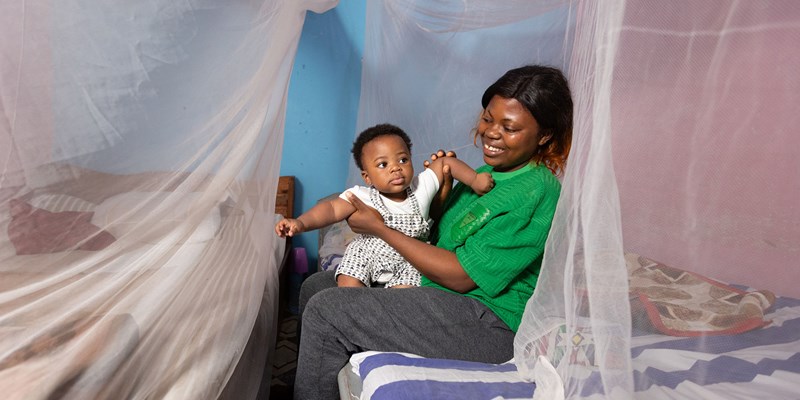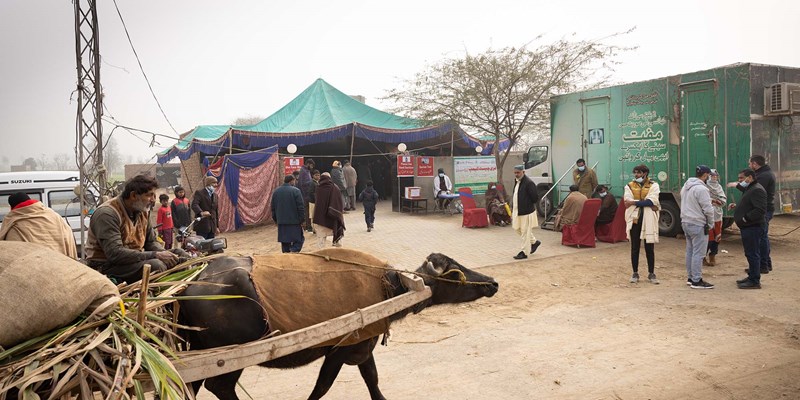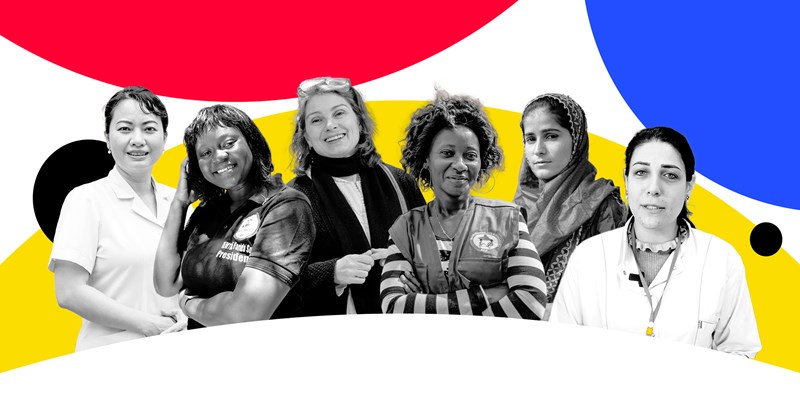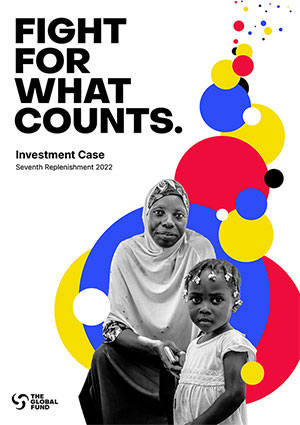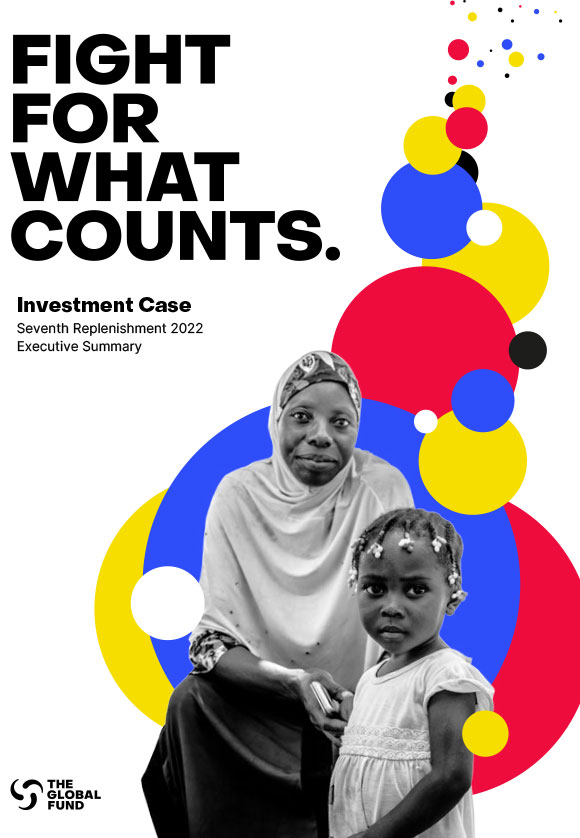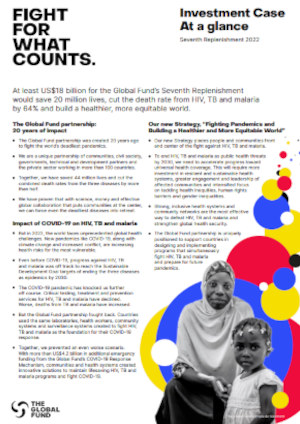Carla Bruni-Sarkozy renews call to end mother to child transmission
01 December 2009
Paris – Speaking on World AIDS Day, Carla Bruni-Sarkozy has hailed the success of the Global Fund in helping to extend treatment for HIV to millions of people and renewed a call to eliminate the transmission of HIV from mothers to their children by 2015.
In a series of media interviews scheduled to run on World AIDS Day, Ms Bruni-Sarkozy also said that her role as the Global Fund’s Ambassador for the protection of mothers and children against AIDS made it possible to raise the profile of the Global Fund and its work.
“It’s about talking about and letting the world know that a woman who is expecting a child can make sure that this child can have a healthy life,” Ms Bruni-Sarkozy told the BBC.
Ms Bruni-Sarkozy agreed to become an Ambassador for the Global Fund to Fight AIDS, Tuberculosis and Malaria on World Aids Day last year, giving a voice on the global stage for the many mothers and children infected with or affected by HIV/AIDS and drawing attention to the need to give pregnant women and their children the means to prevent HIV infection and to fight the disease.
Ms Bruni-Sarkozy said she had already been able to draw public attention to the need to step up the fight against mother-to-child transmission of HIV. “The position of first lady or of the wife of a Prime Minister is a very lucky position. It can give visibility to something that would otherwise be just in the dark,” she said.
A visit to Burkina Faso in February opened her eyes to the impact that programs supported by the Global Fund were having, said Ms Bruni-Sarkozy. “We saw all the work that is done there to communicate with women,” she said. “It actually does work, many women are treated and the children are treated.”
In September, Ms Bruni-Sarkozy called on world leaders at an event at the United Nations General Assembly in New York to commit to eliminating the transmission of HIV from mothers to children by 2015.
“There is still a lot of work to do but the Global Fund has achieved a lot,” said Ms Bruni-Sarkozy. “I am trying to bring attention towards them and I am trying to make sure that this can go on and that people keep giving to the Global Fund. It really works.”
The Global Fund’s Executive Director, Professor Michel Kazatchkine, who was also interviewed by the BBC, said Ms Bruni-Sarkozy “brings awareness of an epidemic that tends somehow to be diluted by so many competing priorities.”
“Carla Bruni-Sarkozy spoke at the United Nations in September. We committed on behalf of the Fund that we will all try to reach 60 percent of coverage – that is access to drugs - within 18 months to two years. If the effort is sustained I really believe we can virtually eliminate transmission of the virus from mothers to children by 2015 and that would be an extraordinary success in the fight against HIV/AIDS,” said Kazatchkine.
Ms Bruni-Sarkozy and Professor Kazatchkine were also interviewed by the Frankfurter Allgemeine Zeitung and TV5 Monde.
###
Prevention of Mother to Child Transmission of HIV: Some Facts
- The number of HIV+ pregnant women receiving ARV prophylaxis increased from 10 per cent in 2004 to over 45 per cent in 2008. The pace must increase further to reach the goal of near elimination of HIV transmission by 2015.
- In 2008, 38% of the 730,000 children estimated to need ARV treatment in low and middle income countries had access.
- In 41 reporting low- and middle-income countries, only 15% of children born to mothers living with HIV were tested for HIV within the first two months of life.
- UNAIDS has called for a virtual elimination of mother to child transmission of HIV by 2015. This is also a priority area for UNICEF, WHO and UNFPA.
- HIV is particularly aggressive in children and can quickly progress to severe disease and death. Without treatment, half of HIV+ children die before their second birthday.
- Women living with HIV cannot access prevention of mother to child transmission services if they do not know they are infected. Without it, a mother cannot be referred for ARV drugs and infant feeding counseling to protect her baby.
- Stigma continues to be a barrier to access and adherence to PMTCT. Family and spousal support is crucial to enable women to overcome this hurdle.
